Indiana University of Medicine researchers spent four years developing a blood test to identify depression and bipolar disorder – they say this work will bring psychiatry from “the 19th century into the 21st”
Over four years, a team in Indianapolis looked at how precision medicine could change the ambiguous and often lengthy process of getting a mental health diagnosis.
They worked with over 300 participants, logging their blood biomarkers. Professor Alexander B Niculescu, Psychiatry at IU School of Medicine, led the research team. In the past, he figured out how blood biomarkers could signal suicidality, pain, PTSD and Alzheimer’s disease.
Despite progress in addressing mental health stigma, people continue dismiss mental health disorders as a figment of imagination or as an indulgent experience that is created by the patient – to be overcome individually, without appropriate treatment.
The creation of an objective test to assess relatively subjective cognitive patterns could change how depression is understood and treated.
What are blood biomarkers?
Blood biomarkers are a naturally occurring characteristic in the blood, which can be read almost like signs into the health of a human. Reading biomarkers has been common for diseases and cancers, but bringing them into the field of mental health is relatively new.
Now, the team believe they know how to use blood biomarkers to read a patient for depression and bipolar disorder.
Professor Niculescu commented: “We have pioneered the area of precision medicine in psychiatry over the last two decades, particularly over the last 10 years. This study represents a current state-of-the-art outcome of our efforts. This is part of our effort to bring psychiatry from the 19th century into the 21st century.
“To help it become like other contemporary fields such as oncology. Ultimately, the mission is to save and improve lives.”
Through this work, researchers found 26 biomarkers that tell them about a person’s state of mind – both present and future.
How does the blood test for depression work?
The team have created a blood test that is composed of RNA biomarkers, to understand how severe a patient’s depression is. They can also read the blood test to see if the patient could develop severe depression in the future, while looking at the risk of bipolar disorder too.
While this blood test looks at biomarkers to understand a persons’ mental health, it can also give highly specific advice about what kind of pharmaceutical treatment would work best for that individual.
‘Blood biomarkers are emerging as important tools’
Professor Niculescu said: “Through this work, we wanted to develop blood tests for depression and for bipolar disorder, to distinguish between the two, and to match people to the right treatments.
“Blood biomarkers are emerging as important tools in disorders where subjective self-report by an individual, or a clinical impression of a health care professional, are not always reliable. These blood tests can open the door to precise, personalized matching with medications, and objective monitoring of response to treatment.”


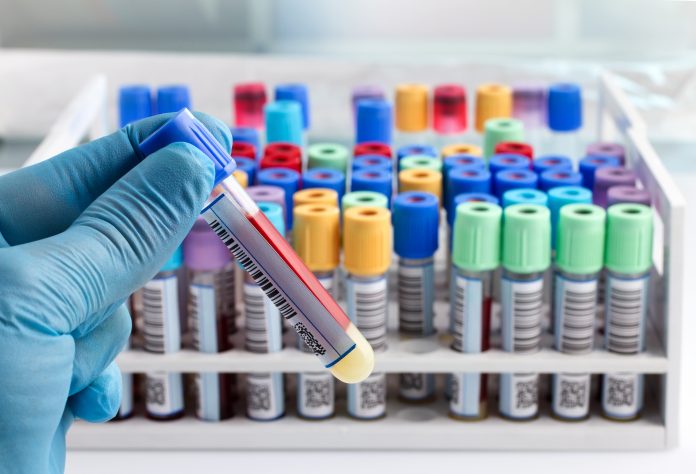

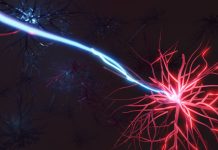

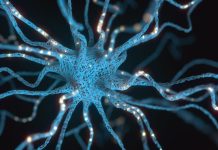

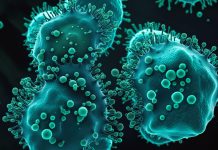



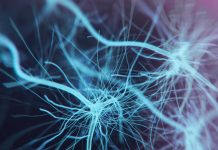



When will the blood tests be available for the public at large?